Keys for Heating Your Home Without Gas and Electricity
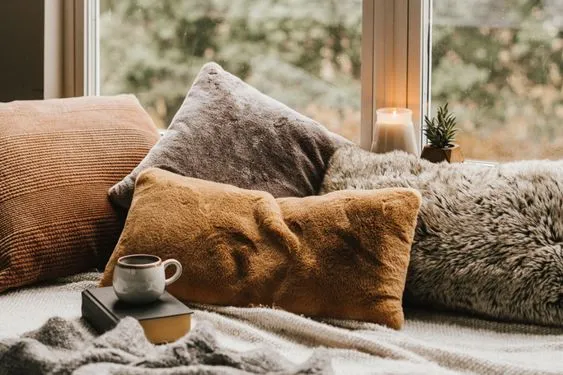 Pinterest
PinterestOne of the ways to warm your home without gas or electricity is by using fabrics and textiles: when a person wears clothes all year round to withstand the cold of autumn and winter. In addition, these materials are great for updating home areas without investing too much. We usually leave them during summer, but they are needed precisely then to save energy and use less heating.
1. Carpets
They make a home cozy, with a warm and decorative appearance. Wool and long hair are champions in insulation and heating. Coconut, seaweed, jute or sisal are good alternatives for people with allergies.
Tip: avoid carpets with non-porous latex on the bottom, as they are made with irritating chemical adhesives. The only downside of carpets is that to prevent them from becoming a problem due to dust accumulation, they need to be vacuumed frequently.
2. Bedding
Nothing more useful than the feeling of coziness and warmth in bed. But for this, you need fabrics that feel pleasant to the touch. Acrylic fibers also seem soft but accumulate a lot of static electricity and do not allow sweat to pass through. It is better to choose sheets and pillowcases made from wool or flannel cotton fabric. They are most suitable because they breathe much better than synthetic materials.
Regarding duvets and blankets, there are natural fibers for people with allergies. Lighting also plays a role: soft, yellow light like candles creates an even warmer atmosphere.
DO NOT LET THE COLD ENTER YOUR HOME
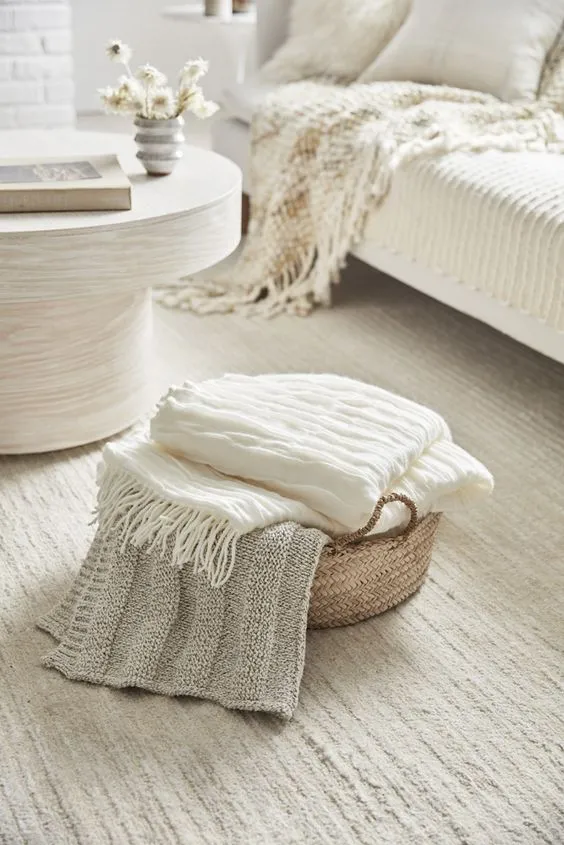 Pinterest
PinterestWhy try to heat your home if we let the cold slip inside? Discover where heat escapes from your house using a simple trick: close all doors and windows and take a candle. Where the flame flickers, there is a leak. Most often, they are located on the front door (a special profile can be installed), in blinds niches, and in window frames.
INSULATION MEASURES
Adhesive silicone or rubber sealing tape (more durable than synthetic foam) is very effective on windows. If you find cracks around them, seal them with spackle or silicone. Lower blinds immediately after sunset and prepare to enjoy all the warmth and comfort your home can offer. With these simple measures, your heating bill could decrease by 15%.
3 EASY COLD-FREE SOLUTIONS WITHOUT GAS OR ELECTRICITY
- Very cold walls. Identify them by touching the walls with your hand. Most likely, they will face north. They are best suited for wooden, cork or fabric paneling. Also place shelves well filled with books that will keep heat inside the house.
- Aluminum panels. Make them yourself using cardboard sheets covered with aluminum foil. Place them modestly between the wall and radiator. They will prevent heat loss through the wall by reflecting it back into the room.
- Humidity. It should not exceed 60%, as the feeling of cold increases significantly. If so, install a dehumidifier. Choose a quiet model!
- Rearrange furniture. By thinking about a logical arrangement of furniture, you can save money without using gas or electricity and still keep your home warm. If any furniture blocks radiators, it will hinder proper heat distribution in the room.
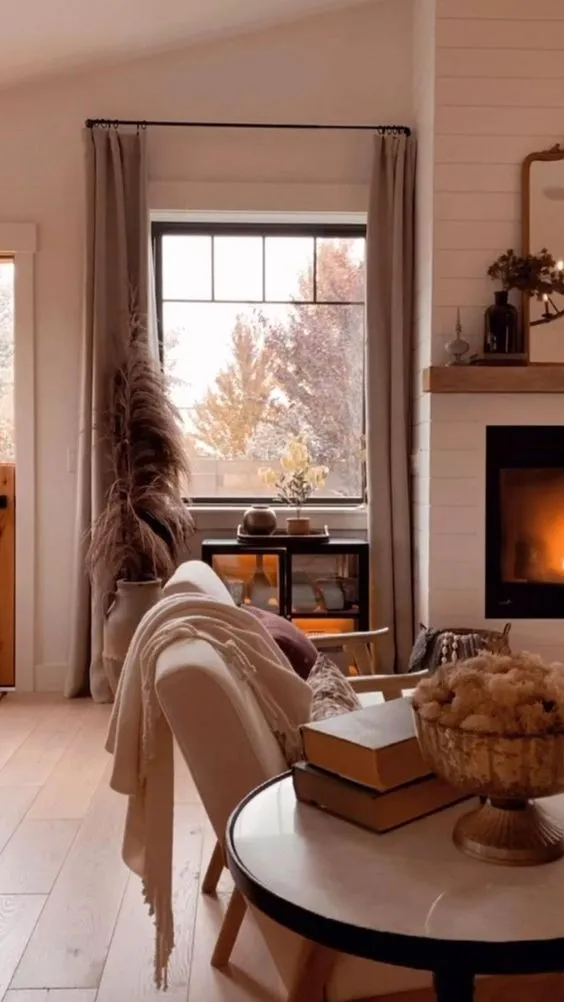 Pinterest
PinterestHEAT YOUR HEATING SYSTEM
The choice of heating system depends on your physical health and wallet status. Even the state of the planet, as heat production affects climate change. Write down several tips that will help you reduce consumption and thus save on heating and electricity at the end of the month:
1. SOLAR ENERGY
The most eco-friendly option is heating with solar energy. You can install a nearly autonomous system with approximately 15 m² of solar collectors. They are capable of heating the radiator, wall or underfloor heating system.
2. NATURAL GAS
This is a relatively cheap and clean way to heat. It's important that the boiler be very efficient. Regardless of the chosen heating system, install programmable thermostats in each room to heat only the spaces you use.
3. HEAT PUMP
Although the performance of models has improved, electricity is expensive. It's beneficial in places where temperatures don't drop below 0°C but creates drafts that affect people with allergies or breathing problems. It is very important to perform good maintenance to prevent mold and bacteria from appearing.
4. THERMAL STORAGE UNITS
If they are activated during lower electricity prices, they provide good results. Install an app on your mobile phone (e.g., Boltio or Precio Luz) to check electricity prices.
COMFORT AT THE RIGHT TEMPERATURE
- Savings. Experts agree that 21°C is the temperature at which most people feel comfortable. Each additional degree raises electricity bills by 8%.
- Contrast. Ensure that the difference between outside and inside temperatures is not too great, as sharp contrast weakens immunity.
- In the bedroom. You don't need more than 15 or 17°C in the room to sleep well. At higher temperatures, it's hard to relax.
Need a renovation specialist?
Find verified professionals for any repair or construction job. Post your request and get offers from local experts.
You may also like
More articles:
 Incredibly Charming Cottage That Will Captivate You
Incredibly Charming Cottage That Will Captivate You Non-washable wallpapers for spring
Non-washable wallpapers for spring Should You Buy Home Warranty? Find Out Here
Should You Buy Home Warranty? Find Out Here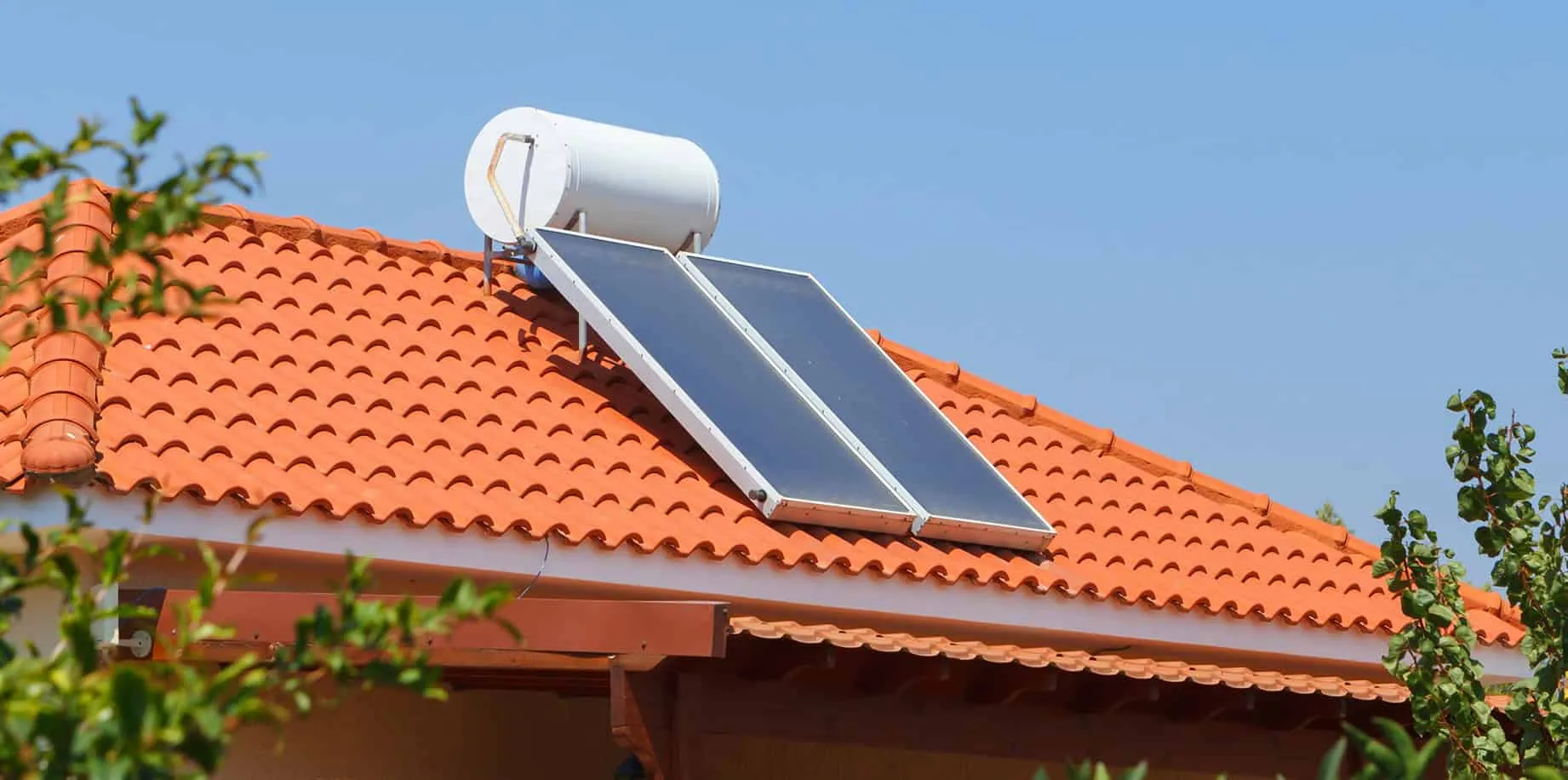 Is It Worth Installing a Solar Water Heater?
Is It Worth Installing a Solar Water Heater? Is Office Fitting Right for You?
Is Office Fitting Right for You? Should You Buy or Build Your First Home?
Should You Buy or Build Your First Home? Is It Worth Buying Real Estate in 2024?
Is It Worth Buying Real Estate in 2024?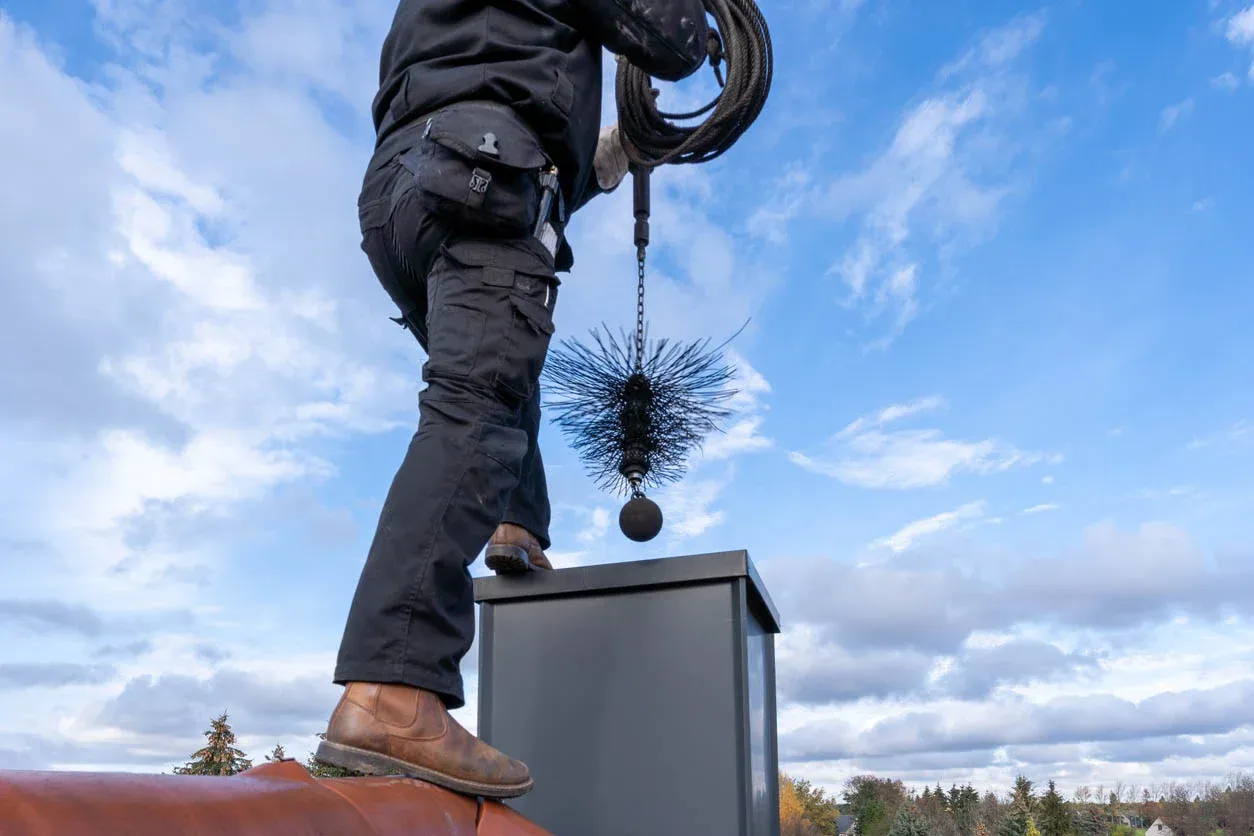 Does Your Home Breathe Clean Air? Find Out Now!
Does Your Home Breathe Clean Air? Find Out Now!